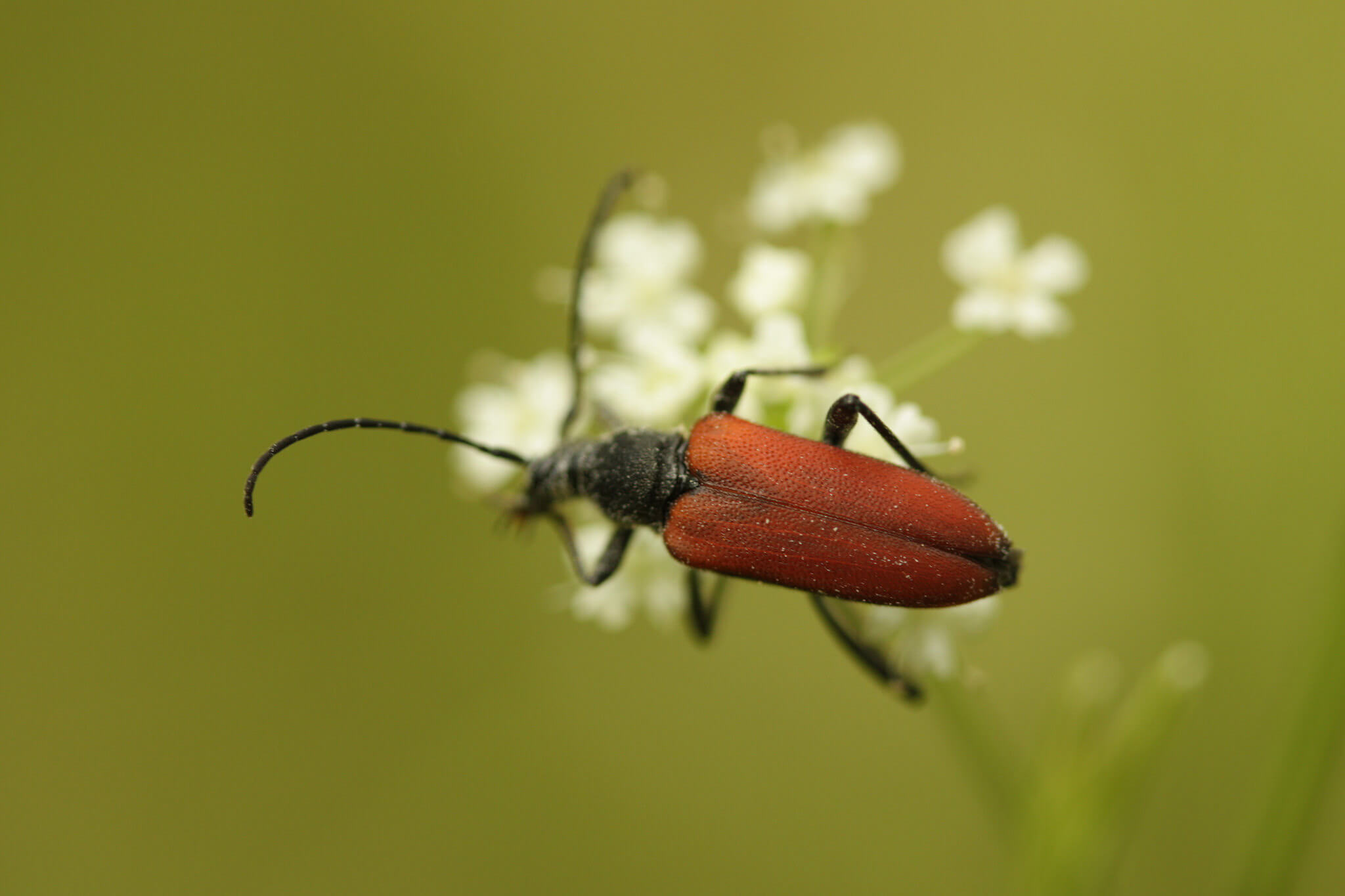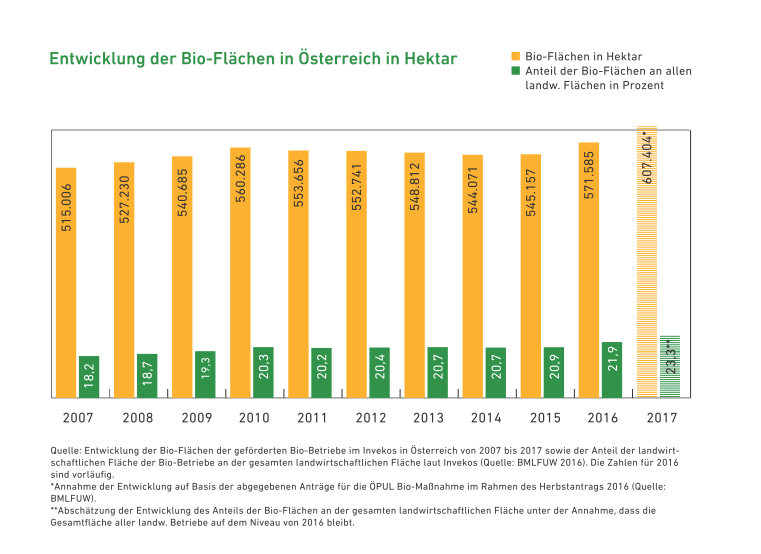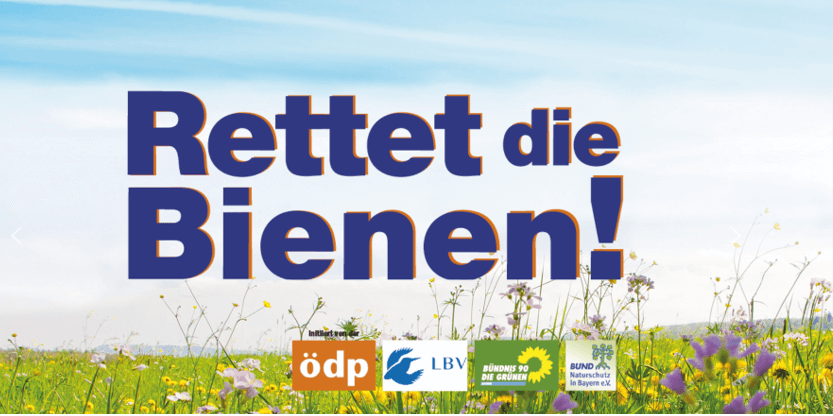It is a grey, cloudy afternoon, as it is often the case during winter in Bayreuth. But then, the sun breaks through the thick blanket of clouds. Thomas Pickel is sitting in front of the GEO building at the University of Bayreuth. When the sun is out, nothing could keep the 27-year-old student inside. When I ask him if he is sleeping at all these days, he answers “Not really” and laughs.
The reason for his insomnia: Germany’s insects. Or, to be more precise, their rescue. In October 2017, a study caused a huge uproar, stating that there was a decline of about 75% in all insects in protected areas. “This was when we said we have to do something”, Thomas Pickel says, sipping his coffee. Together with eight other students, he founded “Summer in the City”, a club for biodiversity protection based in Bayreuth. “Over years, conservationists have tried to get the public’s attention to the species decline. They chose symbolic animals to spread the message, like the White Stork or the wolf. It’s kind of ironic that the smallest animals, the insects, are getting the attention now.”
The species decline of insects has been discussed in the media over and over ever since. Especially one kind of insects moved to the spotlight: bees. “Insects might be small, but they make up a huge part of biomass and are incredibly important. In Germany alone, there are 48.000 different animal species – 33.000 of them are insects”, Pickel says.
Meanwhile, the topic moved to the top of the discussion list. This could lead to fundamental changes: The referendum “Artenvielfalt Rettet die Bienen!” (English: “Biodiversity Save the bees!”) enables elective citizen of the federal state of Bavaria to vote for new legislations on biodiversity protection. From January 31 to February 13, they have the chance to sign the referendum in city halls all across Bavaria.

The new legislation would for example include the prohibition of pesticides in biotopes, it would strengthen organic agriculture (until 2030, 30 percent of the Bavarian agriculture should be organic) and the protection of natural water bodies. “In all other 15 federal states of Germany, there is already a protection buffer of five meters around natural water bodies. It is prohibited to farm there as fertilizer and pesticides could flow into the water and disturb spawning species”, Pickel says.
He is confident that one million people will sign the petition. “A friend recently asked 45 persons in the train if they knew about the referendum and if they would vote for it. More than 50 percent said yes”, he says, eyes shining. He thinks it is crucial to motivate especially people in big cities, like in Munich or Nuremberg. In Bayreuth, the “Summerer” how Pickel and his friends from “Summer in the city” are sometimes called, hope to collect about 10,000 votes for the insects. Find more information here.
To reach this goal, they are mobilizing all across the city, distributing leaflets, fixing posters, talking to people. “These days, I guess I am racing around on my bike with about 40 kilometers per hour”, Thomas Pickel says, laughing. A few days ago, he talked with the spokesman of the Bavarian farmers’ association in a radio show. The farmers are currently the strongest opponents of the referendum. Their main argument: 30 percent of organic agriculture are not possible to achieve until 2030. “The referendum is definitely not against the famers and their needs. On the contrary, it shall bring the state to rethink and redirect agriculture”, Pickel says.

A good example for organic agriculture is Austria: in 2017, about 24 percent of the country’s agriculture are already organic, trend rising. This has been achieved by engaging cafeterias of schools, offices and companies to use organically produced groceries. “Right now, we are destroying our biodiverse nature because we are spraying pesticides, killing everything, and intensifying the agricultural sector. The referendum is a desperate attempt to change this. Politicians are not doing anything, they are still just looking.”
In Bavaria, about 44% of the land surface are used for agriculture, with still relatively small-patched fields. Still, the species decline is especially high in agricultural areas. In general, Bavaria’s farmers know as well that something has to change in relation to biodiversity protection.
Again and again, students are waving at Thomas Pickel, calling across the campus, asking him about details on the referendum. Under his cap, he is grinning, obviously happy about the fact that so many are interested in protecting nature. “We have to leave a beautiful world for our children and stop thinking “After me, the deluge” like generations before us did, not caring about anything. It is important for us to be sustainable. We don’t want to destroy our planet!”










1 Comment